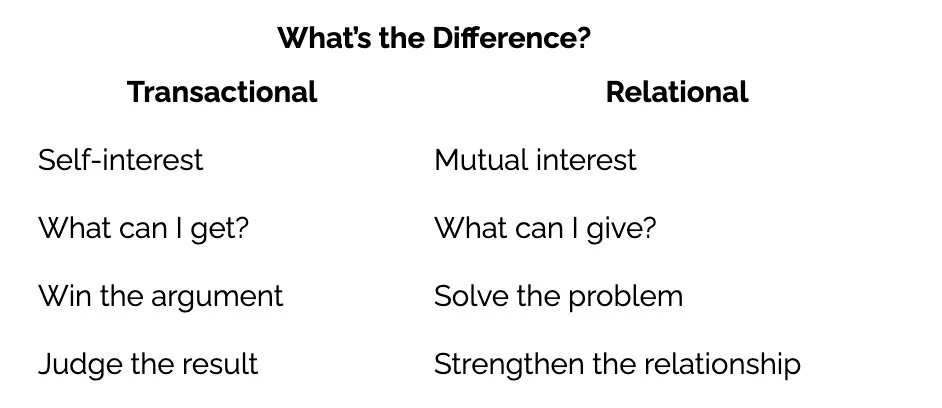Your Greatest Competitive Advantage
What actually sets you apart.
Everyone wants to succeed. Whether you're fresh out of school, trying to break into a new industry, or stepping into a leadership role for the first time, you’ve probably wondered: What will make me stand out? Should you be the smartest? The funniest? The most technical or the most charming?
Companies wonder the same thing. They try to compete on pricing, product, speed, or talent. But in our experience — working with, hiring, and investing in small businesses — one thing outshines everything else.
It’s not a secret. It doesn’t require a credential. It’s not based on who you know. It’s just this:
Do what you say you’re going to do, when you say you’re going to do it. And don’t be a jerk along the way.
That’s it.
It’s simple — but not easy.
Extreme Reliability: A Rare Superpower
Extreme reliability means you:
Say what you mean.
Do what you said.
Do it when you said you would.
Think about your closest friendships or mentors — odds are, they’re the people who always pick up the phone, follow through, and show up. In a world full of flakiness, just being dependable makes you exceptional.
The same principle holds true at work. Whether you’re applying for a job, onboarding with a new team, or managing people for the first time, your reliability will build your reputation faster than any résumé bullet point ever could.
Relationships > Transactions
Reliability isn’t just about tasks — it’s about how you treat people.
Early in your career or during a big pivot, it can be tempting to focus only on what others can do for you. That’s the transactional mindset:
I’ll work with you if you’re useful.
I’ll stay here until I find something better.
I need to win this argument to prove myself.
But real success comes from relational thinking:
We solve problems together.
I invest in others because I believe in them.
Trust grows over time.
Relational thinkers aren’t naive — they’re strategic. Because they know that trust, once earned, becomes a compounding asset.
You can’t fake this mindset. But you can choose it. And every project, interaction, or setback is a chance to build — or break — trust.
Follow Up, Follow Through
Being reliable doesn’t mean being perfect. Mistakes will happen. Life will happen. You’ll forget things, misread the situation, or miss a deadline. That’s not what breaks trust.
What breaks trust is silence — when people are counting on you and you disappear or pretend everything is fine.
If you’re going to be late, say so early. If you messed up, own it. If priorities change, reset expectations. People don’t expect perfection — but they do expect honesty. Bad news is never as damaging as pretending there’s no problem.
Reliability at Scale
If you’re trying to build a reliable team or culture — not just be a reliable individual — you’ll need more than good intentions. You’ll need systems. Calendar reminders, shared documents, regular check-ins, backup plans, and escalation paths. The boring stuff. The grown-up stuff.
Why? Because people get sick. Emails get missed. Priorities shift. Life is messy. But in a well-run organization (or career), reliability isn’t a heroic effort — it’s built into the process.
In the End, It’s Your Word
We’ve learned that reliability, combined with decency, is the ultimate competitive advantage. It builds trust. It earns respect. It opens doors. And it holds up, even when everything else changes.
You don’t have to be flashy. You don’t have to be first. But if you do what you said you’d do — and treat people with care along the way — you’ll find that people want to work with you, again and again.
Simple. Not easy. But worth it.
Adapted from “The Greatest Competitive Advantage.” Read the original essay.

